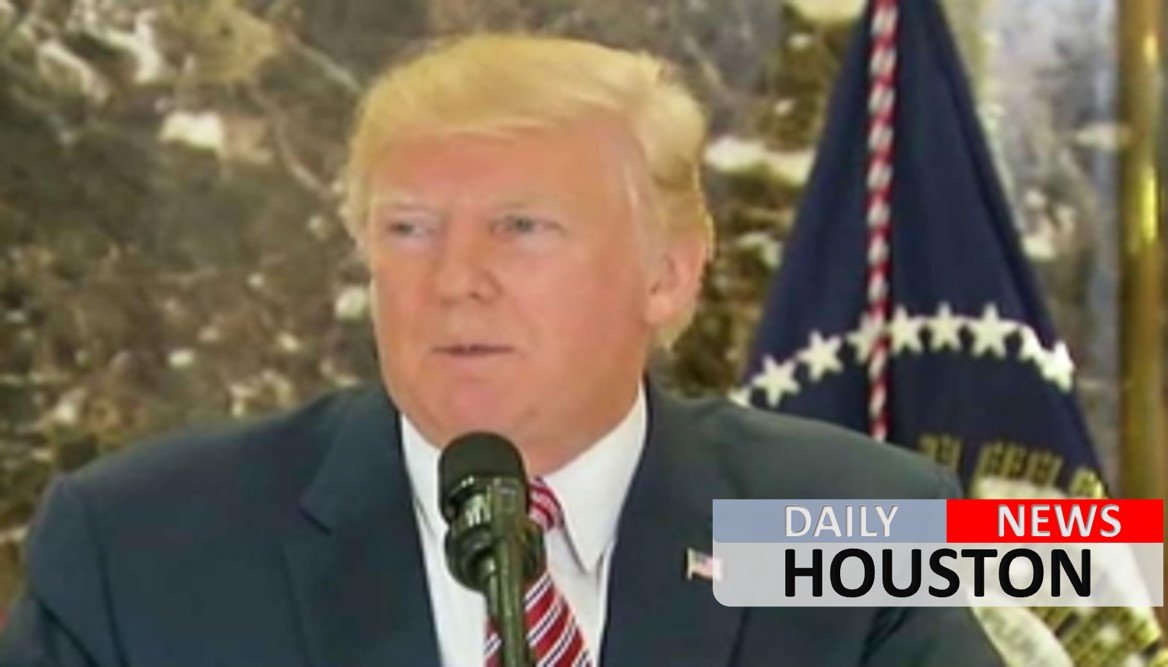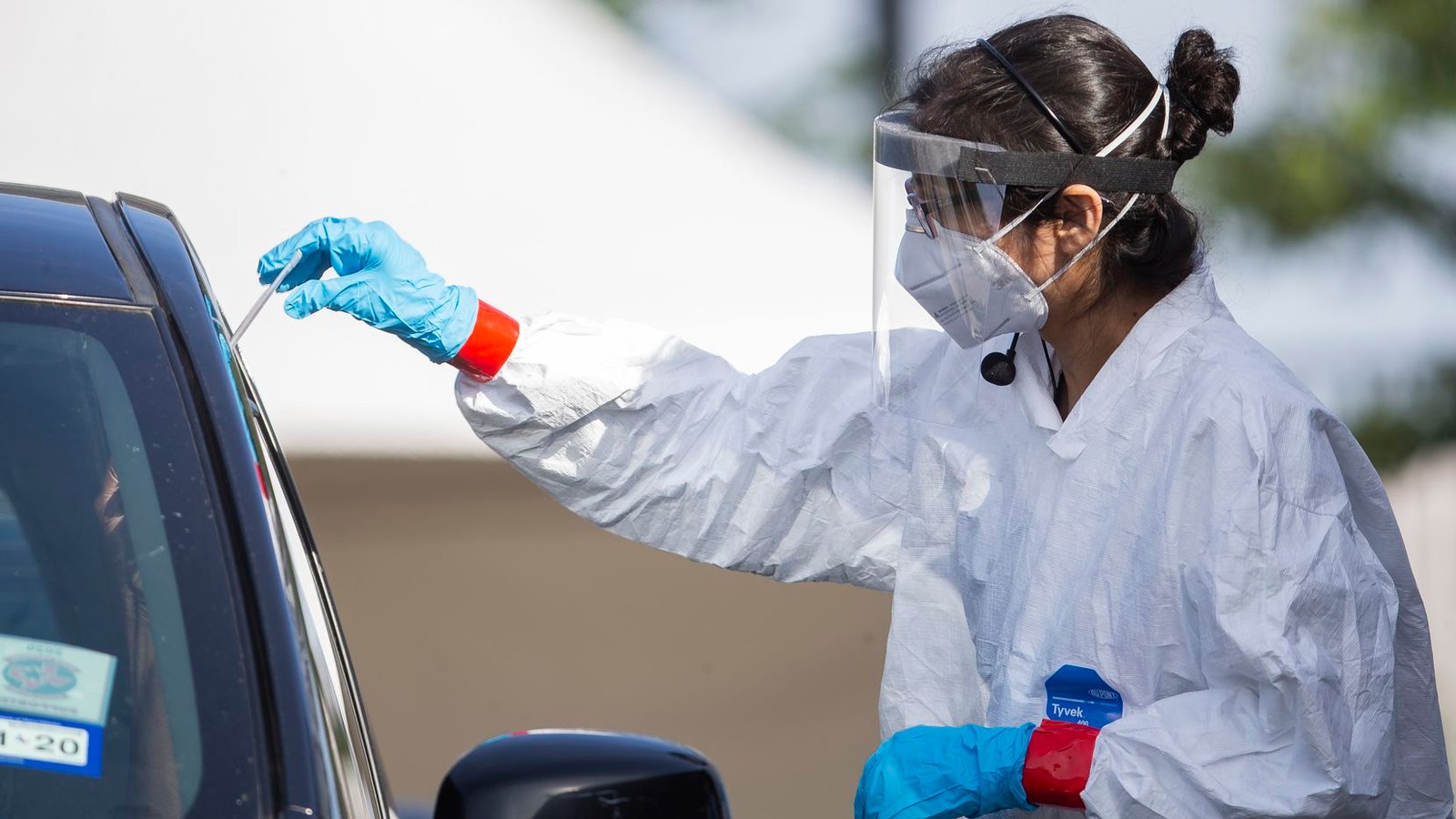President Trump’s renewed claim that “both sides” share blame for the deadly violence at last weekend’s Virginia rally organized by white supremacists has stoked new tensions with congressional Republicans.
“I don’t understand what’s so hard about this,” Ohio Rep. Steve Stivers, chairman of the National Republican Congressional Committee, tweeted Tuesday after Trump’s comments. “White supremacists and neo-Nazis are evil and shouldn’t be defended.”
I don't understand what's so hard about this. White supremacists and Neo-Nazis are evil and shouldn't be defended.
— Steve Stivers (@RepSteveStivers) August 15, 2017
The backlash comes after Trump on Monday had initially seemed to ease the situation by specifically condemning white supremacists.
In the hours after a driver — allegedly an Ohio man with white supremacist ties — rammed his car into a crowd in Charlottesville, Va., and killed a 32-year-old woman, Trump had said “many sides” were to blame. Facing bipartisan criticism, Trump on Monday singled out neo-Nazis and others who staged the “Unite the Right” rally in Charlottesville.
But in his free-wheeling press conference on Tuesday, Trump again said “both sides” share blame, and accused the “alt-left” of stoking the violence as well.
“You had a group on one side that was bad, and you had a group on the other side that was also very violent, and nobody wants to say that,” Trump said. “You had a group on the other side that came charging in without a permit and they were very, very violent.”
Stivers’ comments were noteworthy considering he leads House Republicans’ campaign arm. The internal tensions come as the party is preparing for the 2018 midterm elections, still unclear to what extent Trump can use his clout as president and fundraising power to help GOP candidates who, in turn, will be needed to advance his legislative agenda.
In pursuing wishlist items like ObamaCare repeal and tax reform and infrastructure spending, Trump most needs the support of moderates on the Senate side. To this end, Trump most recently has pressured incumbent Nevada GOP Sen. Dean Heller, who has withheld full support for Trump’s efforts to repeal and replace ObamaCare.
Further division with congressional Republicans who control Congress could add to the Republican president’s challenges achieving his legislative agenda.
Speaker Paul Ryan, of Wisconsin, a stalwart fundraiser for fellow House Republicans, tweeted: “We must be clear. White supremacy is repulsive. This bigotry is counter to all this country stands for. There can be no moral ambiguity.”
We must be clear. White supremacy is repulsive. This bigotry is counter to all this country stands for. There can be no moral ambiguity.
— Paul Ryan (@SpeakerRyan) August 15, 2017
Orrin Hatch, of Utah, and Marco Rubio, of Florida, were among the first GOP senators to question Trump’s initial statements Saturday. And on Tuesday they tweeted that it was time to “re-up” their criticism.
“Very important for the nation to hear @potus describe events in #Charlottesville for what they are, a terror attack by #whitesupremacists,” Rubio tweeted.
Hatch on Saturday tweeted: “In the wake of this weekend’s violence, our nation has some soul-searching to do.”
Cory Gardner, R-Colo., among the most outspoken Trump critics on Tuesday, tweeted: “My answer will never change on this issue. We must all call evil by its name and never back down from denouncing hate and racism.”
The White House, though, is not backing down.
A memo of talking points obtained by Fox News stated that Trump’s remarks Tuesday in the lobby of Trump Tower were “entirely correct — both sides of the violence in Charlottesville acted inappropriately, and bear some responsibility.”
The memo also stated that Trump “with no ambiguity” condemned the hate groups that descended upon Charlottesville for the “Unite the Right” rally, and added the president has been “a voice for unity and calm,” and that he’s “taking swift action to hold violent hate groups accountable.”









